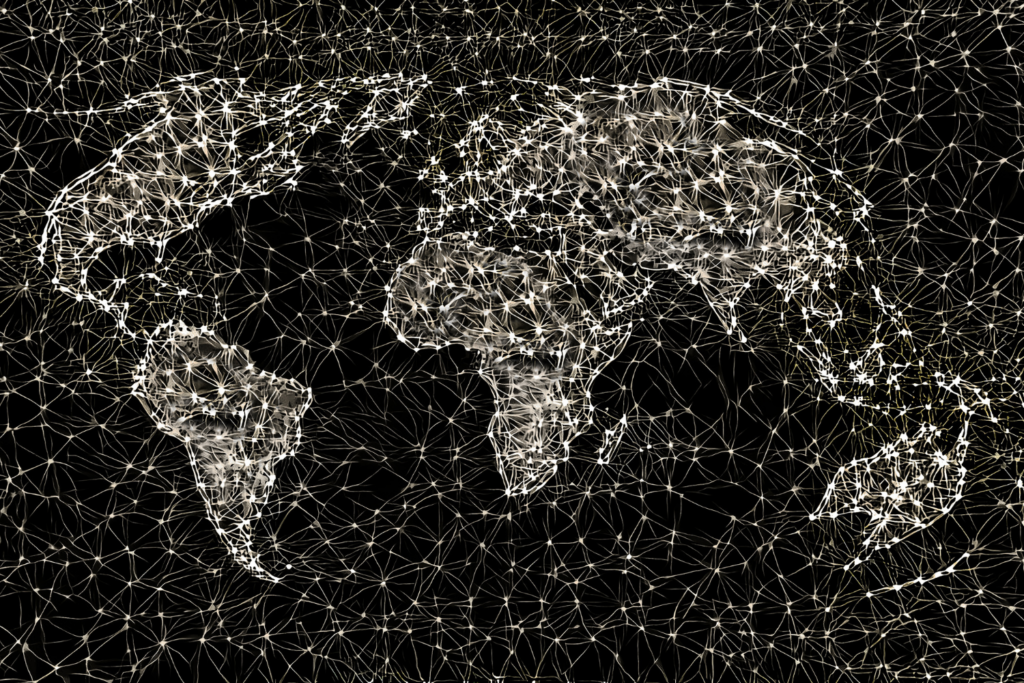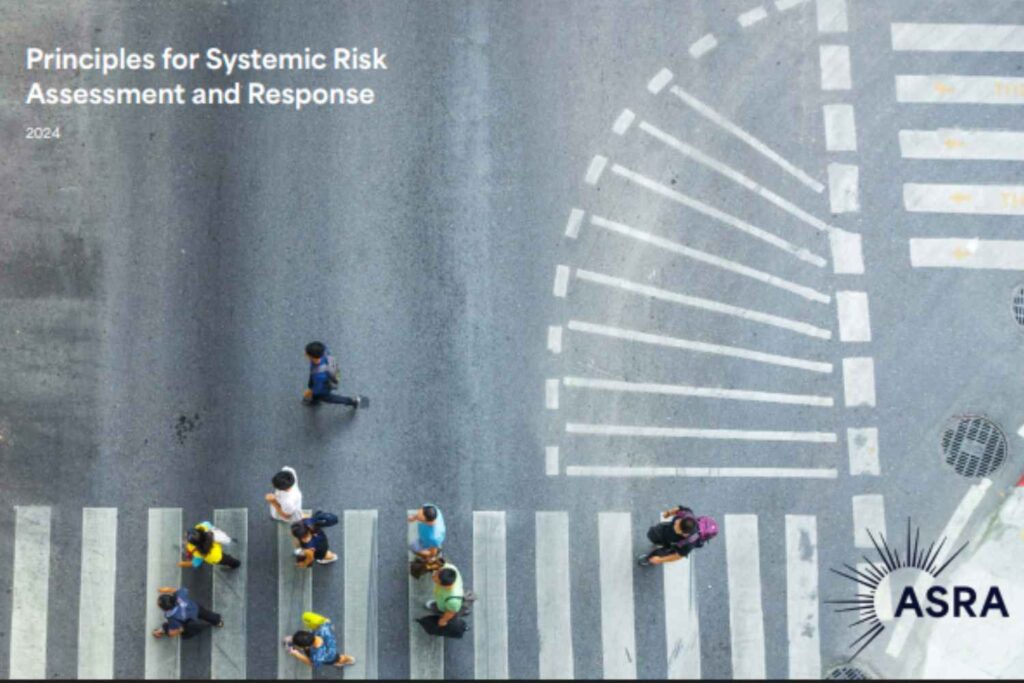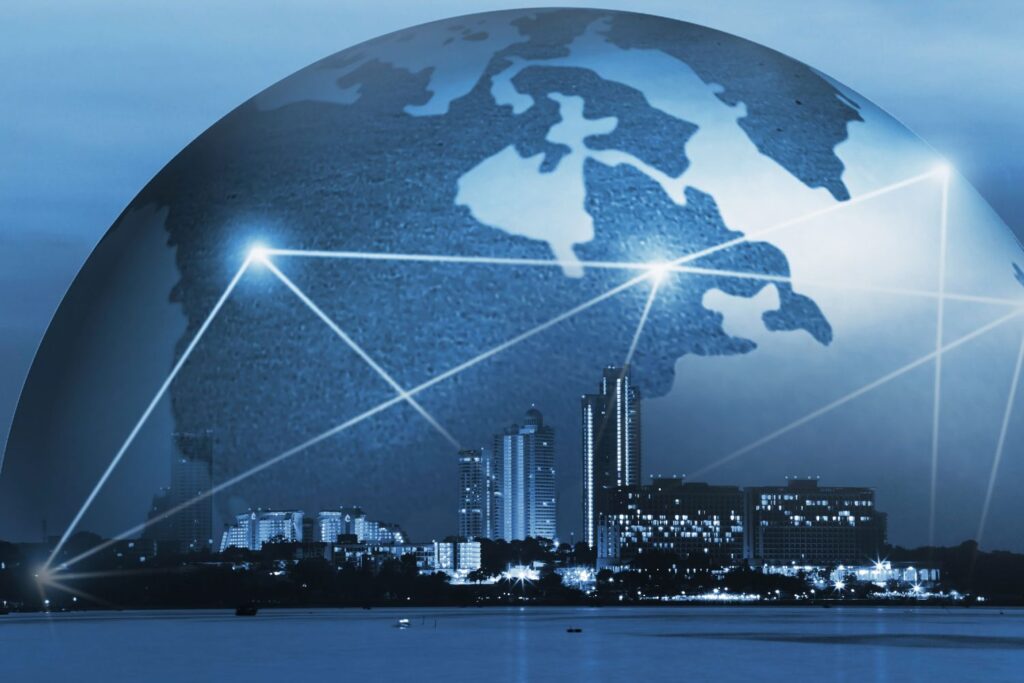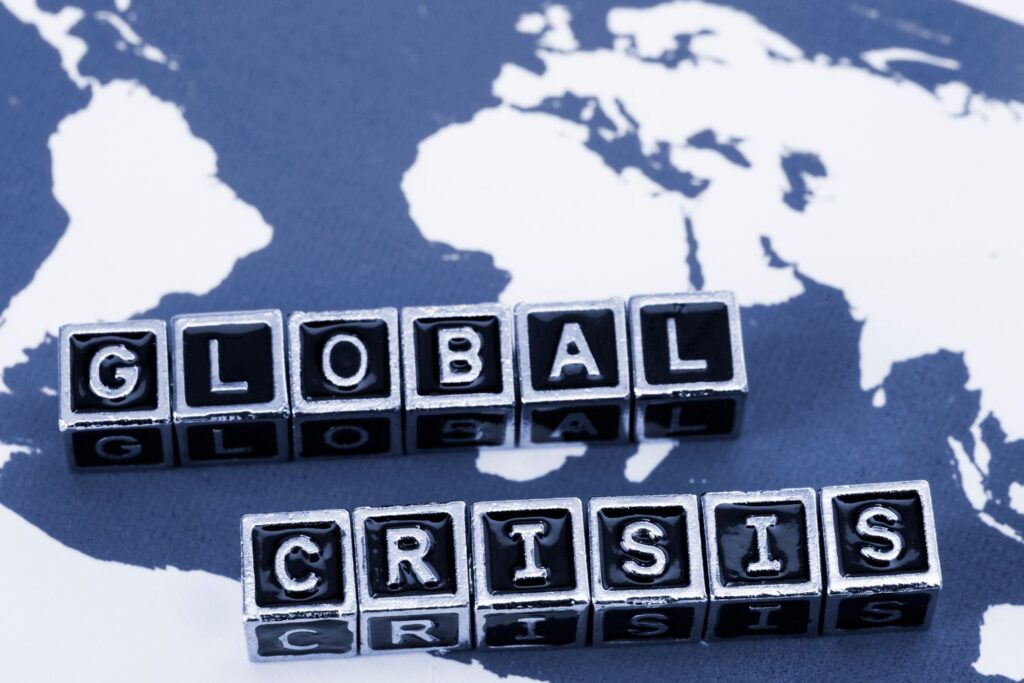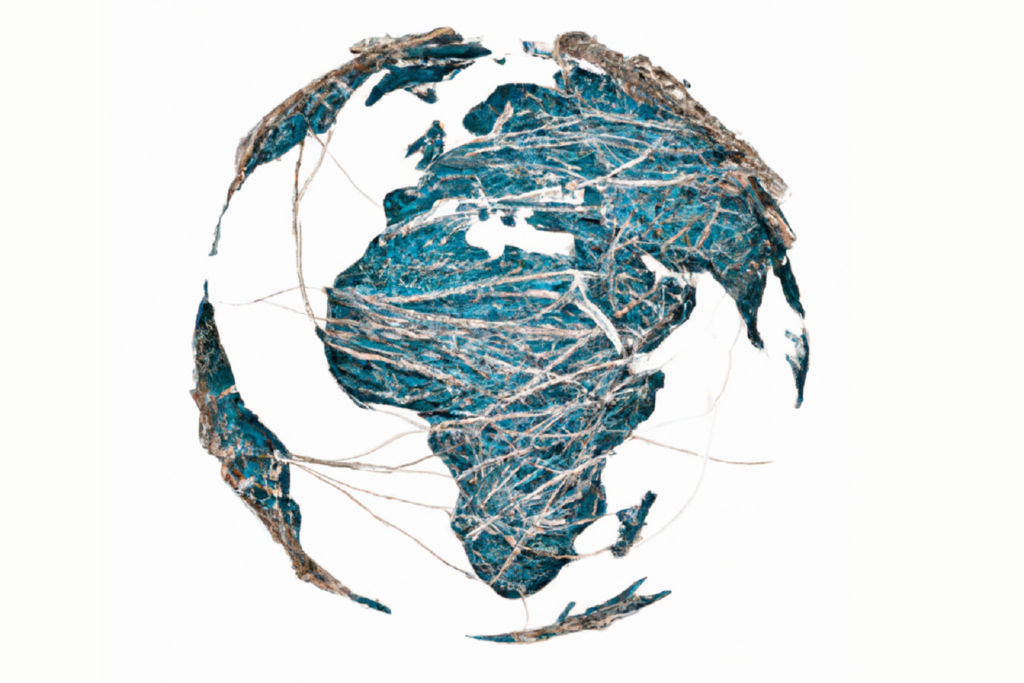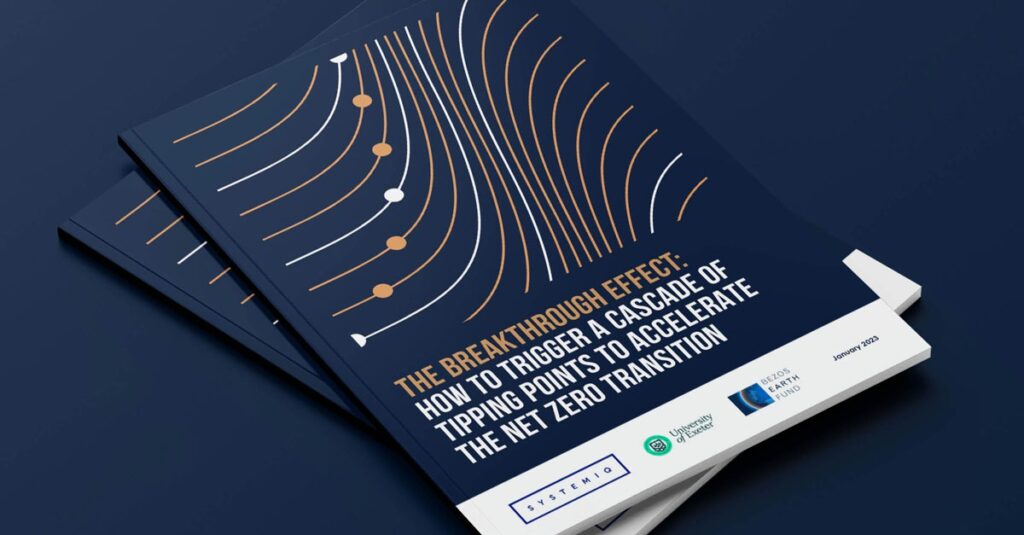Planetary Health Check Report 2024
The 2024 Planetary Health Check report reveals that six of the nine Planetary Boundary processes have exceeded safe levels, with all six showing increasing pressure across control variables, indicating further boundary transgressions in the near future.
Planetary Health Check Report 2024 Read More »



